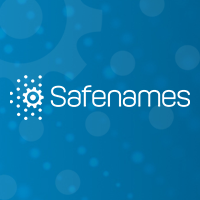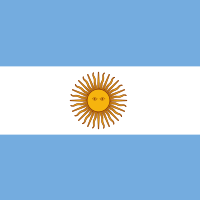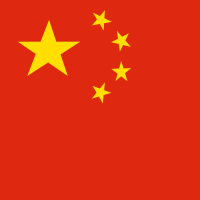- When autocomplete results are available use up and down arrows to review and enter to select.



Nominet established the DRS in 2001 to offer an efficient, transparent method of resolving disputes relating to .UK domain names and seeks to settle disputes through mediation and, where this is not possible, through an independent expert decision.



The Uniform Domain Name Dispute Resolution Policy, commonly known as the UDRP, was first introduced on October 24, 1999, by the Internet Corporation for Assigned Names and Numbers (ICANN). The UDRP is incorporated by reference into Registration Agreements for all generic top-level domain names (gTLDs) and some country-code top-level domain names (ccTLDs).

You’ve spent years cultivating your brand. You have a name that your customers recognise. The time spent cultivating your image over the years has paid off. When people see your trademark, they think “integrity” and a quality product. This is a great thing. However, as it has been said, with great visibility comes great risk. The more well-known your brand, and the greater your reputation, the higher the likelihood that someone may attempt to take advantage of this image.

The .AR TLD is currently in a preference registration stage, meaning if you’ve registered domain names in the .com.ar, net.ar, int.ar or tur.ar TLDs, prior to 1st December 2015 you have until 9th of November 2019 to request the registration of the .AR equivalent domain names before the TLD goes into general public availability.

This year marks the 20th anniversary of the Uniform Domain Name Dispute Resolution Policy (the UDRP), a mechanism that sets out the legal framework for resolving domain name disputes in generic top-level domains (gTLDs) (e.g., .com, .net, .org, .biz), as well as a limited number of country-code top-level domains (ccTLDs) (e.g., .cc, .co, .me).


The Chinese Domain Name Dispute Resolution Policy (‘CNDRP’) is an efficient procedure for resolving ‘.CN’ domain name disputes. Even though the CNDRP is based on the Uniform Domain Name Dispute Resolution Policy (‘UDRP’) model, this Policy has special regulations.

On March 27, 2019, .inc launched globally. “Inc” is synonymous with business in nearly every part of the world, and .inc is offering businesses the opportunity to get a gTLD that quite literally means business. More than 20 percent of the Fortune 100 Companies and Forbes 100 World’s Most Valuable Brands have already registered .inc domains – including Amazon.inc, Facebook.inc, LinkedIn.inc, Twitter.inc, BMW.inc, Goldman.inc, Infinity.inc, Chanel.inc, and hundreds more. This gTLD is gaining traction around the world with registrations in more than 20 countries.

26th March, OXFORD: .UK domain registrants with a third-level domain (.co.uk, .org.uk, .me.uk, .net.uk, .plc.uk or .ltd.uk) are today reminded that they have less than three months left to secure the shorter second level (.uk) equivalent, before it is made available to the public.

The recent case of Pret A Manger Limited v. Jack Tang; D2018-2059 (concerning the domain name “pret.app”) highlighted the importance of credibility under the Uniform Domain Name Dispute Resolution Policy (UDRP). Whilst the courts are better equipped to evaluate the Parties’ credibility in a dispute, much can be ascertained from the Parties’ submissions as regards their background, intentions and motive.

Copyright is known to protect original works such as literary, dramatic, musical, artistic and other intellectual works. When a person creates original work, it is automatically copyrighted at the time of its creation. Copyright gives one an exclusive right to do or authorise another person to use, reproduce and distribute copies, perform or communicate in public, certain kinds of creative works. Copyright lasts, on average, 50 years after the death of its author for most creative works.
We can customise a solution to fit your business needs.